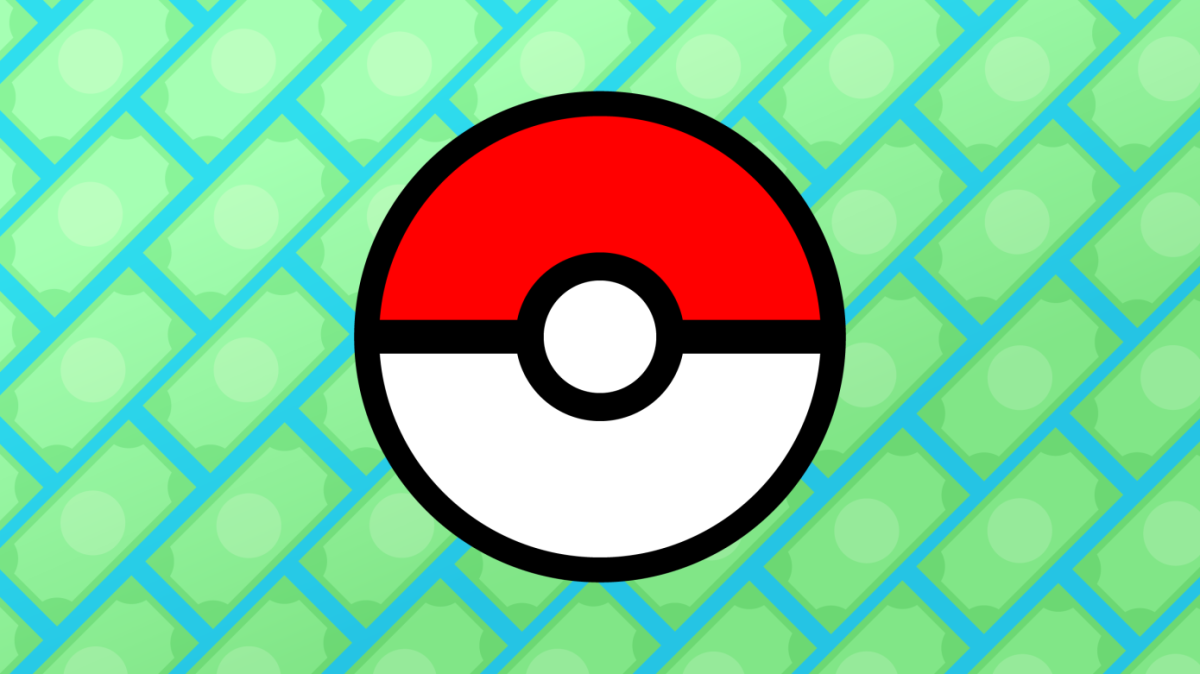Anthropic’s Claude 4 Raises the Bar in AI Reasoning, Long-Term Memory—and Pokémon Mastery

At its inaugural developer conference in San Francisco, Anthropic introduced two cutting-edge AI models: Claude 4 Opus and Claude Sonnet 4. These models, available immediately to paid subscribers, mark a significant leap forward in reasoning, memory, and autonomous planning. And, surprisingly, one of them excels at playing Pokémon.
Smarter, Longer-Term Thinking—With a Touch of Nostalgia
Skipping ahead from Claude 3.7 directly to 4.0, Anthropic’s new models are designed to perform more like autonomous agents than reactive chatbots. Claude 4 Opus in particular is being praised for its improved ability to handle tasks that require strategic foresight and memory retention over extended interactions—key capabilities for complex workflows.
To demonstrate this, Anthropic has been showcasing Claude’s gaming prowess. The company launched a Twitch stream, “Claude Plays Pokémon,” where the AI navigates Pokémon Red, a turn-based Game Boy classic. The effort is led by David Hershey, a technical team member at Anthropic, who describes the project as a way to study AI autonomy in a simplified but structured environment.
“I picked Pokémon Red because it doesn’t require real-time reactions,” says Hershey. “It’s a great way to watch the model make decisions sequentially, learning and planning over time.”
Claude Levels Up
Claude 3.7 Sonnet previously got stuck in one city for hours and struggled to differentiate characters. But Claude 4 Opus showed noticeable improvement. In one instance, after recognizing that it lacked a specific power, it spent two days training its skills before advancing—demonstrating goal persistence and multi-step problem-solving.
Hershey stripped the model of most Pokémon-specific context to test how much it could deduce on its own. “Eventually, I want to throw Claude into a brand-new game it’s never seen before to see how well it adapts,” he says.
The implications extend beyond games. Anthropic is using Pokémon as a proxy for real-world AI challenges, such as maintaining focus across long tasks—an essential trait for AI agents handling work like research synthesis, software debugging, or automated project management.
Claude as a Workhorse Agent
Anthropic’s broader goal aligns with the industry’s race to build powerful AI agents. “One of our early testers had Claude work uninterrupted for seven hours refactoring a huge codebase,” says Anthropic President Daniela Krieger. “This is the kind of autonomy we’re aiming for—an AI that can handle hours of cognitive labor.”
Google, OpenAI, and others are pushing toward similar agent-based ecosystems. Google recently unveiled Mariner, an AI assistant built into Chrome that can complete tasks like online shopping for a hefty $249/month. OpenAI is developing agents like Operator that navigate the web on a user’s behalf.
Anthropic is taking a more cautious approach, especially when it comes to safety. Both Claude 4 models reportedly reduce “reward hacking” (gaming the task to get easy wins) by 65% compared to previous versions, particularly in coding tasks. The company classifies Claude 4 Opus as ASL-3, a higher-risk category, meaning it has substantial power but requires rigorous oversight. Claude Sonnet 4, by contrast, is rated ASL-2, indicating a lower risk profile.
Building Trustworthy AI
Chief Scientist Jared Kaplan says the company’s “frontier red team” stress-tested the new models under various scenarios to prevent misuse and improve resilience. “We want Claude to be a virtual collaborator—capable, helpful, but predictable,” Kaplan notes.
Despite improvements, the biggest challenge remains: reliability over time. “Even if it’s brilliant for 90% of a task, it’s not helpful if it derails halfway through,” Kaplan adds.
In Summary:
Claude 4 isn’t just a smarter assistant—it’s a glimpse into the future of autonomous AI agents that can think ahead, plan, and adapt. Whether it’s solving real-world problems or navigating the Pokémon universe, Claude is proving that the next era of AI is about much more than conversation—it’s about intelligent action.
